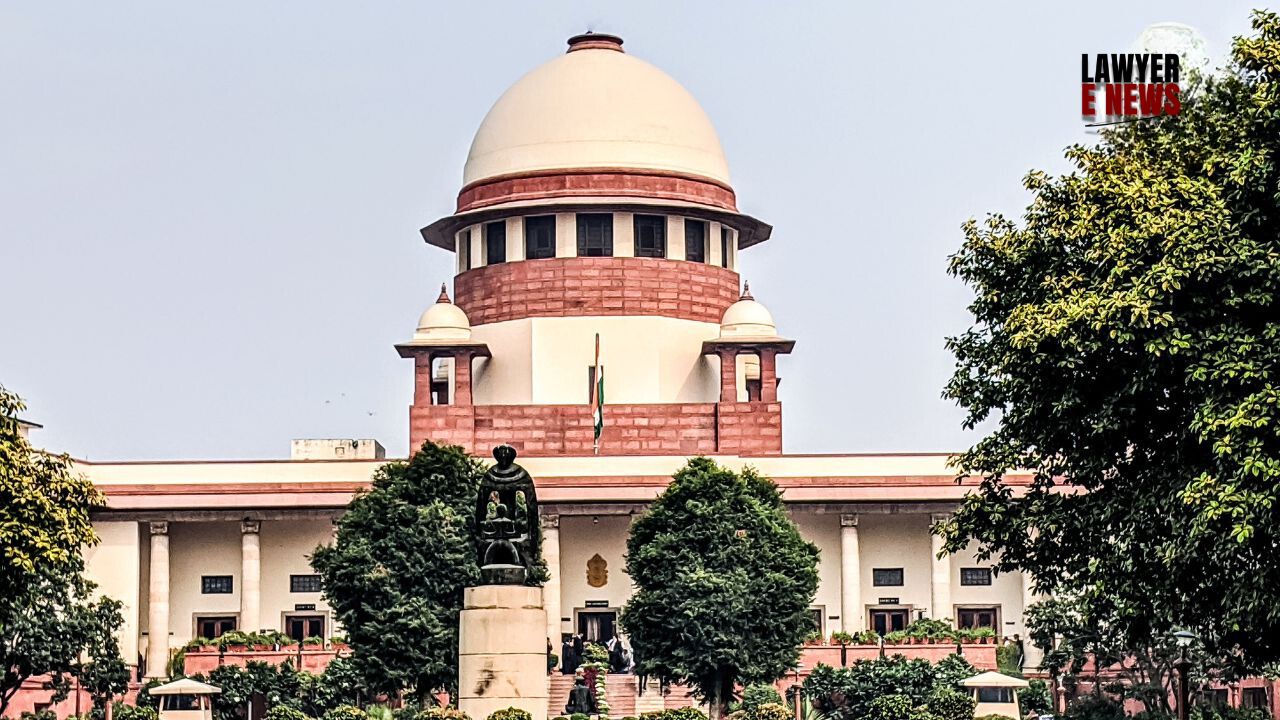-
by sayum
14 February 2026 2:22 PM



The Supreme Court of India, in a landmark ruling on August 20, 2024, overturned decisions by the Madhya Pradesh High Court, directing the state to admit meritorious reserved category students to unreserved government school (UR-GS) quota seats in the upcoming academic session. The bench, led by Justice B.R. Gavai, held that the state’s method of compartmentalizing reserved and unreserved categories in horizontal reservations was illegal and denied the rightful claims of higher-scoring reserved category students.
The case centered around the admissions process for MBBS seats in Madhya Pradesh, where a group of reserved category students challenged the state's allocation of government school quota seats. Despite securing higher scores than some unreserved category candidates, these students were denied admission to the UR-GS seats due to the state’s flawed application of horizontal reservation principles. The appellants initially filed writ petitions in the Madhya Pradesh High Court, which were dismissed, prompting the appeal to the Supreme Court.
The Supreme Court sharply criticized the Madhya Pradesh government’s method of further subdividing the government school quota into reserved categories (OBC-GS, SC-GS, etc.), which effectively restricted meritorious candidates from being considered for the unreserved seats. Citing the case of Saurav Yadav v. State of Uttar Pradesh, the court reaffirmed that candidates from reserved categories who qualify on merit for unreserved seats must be considered for those seats.
Justice B.R. Gavai emphasized that both vertical and horizontal reservations should not be treated as rigid categories that undermine merit. He stated, “The open category is open to all, and the only condition for a candidate to be shown in it is merit, regardless of whether reservation benefit of either type is available to her or him.” This approach prevents the exclusion of more meritorious candidates in favor of less qualified individuals purely based on their category.
The bench cited precedents, including Indra Sawhney v. Union of Indiaand Sadhana Singh Dangi v. Pinki Asati, to underscore that the allocation of unreserved seats should be merit-based and not confined by social categories. The court found that the state's approach led to an “anomalous situation” where less meritorious candidates were given priority over more qualified reserved category students, contravening established legal principles.
Justice B.R. Gavai remarked, “The methodology adopted by the respondents in compartmentalizing the different categories in the horizontal reservation and restricting the migration of the meritorious reserved category candidates to the unreserved seats is totally unsustainable”.
The Supreme Court’s decision is a significant affirmation of the principles of merit and non-discrimination in the allocation of educational seats. By directing the admission of the appellants in the next academic session against unreserved seats, the ruling ensures that justice is served for the affected students. This judgment is expected to influence future interpretations of horizontal reservation policies, ensuring that merit is not compromised in the process.
Date of Decision: August 20, 2024
Ramnaresh @ Rinku Kushwah and Others vs. State of Madhya Pradesh and Others
